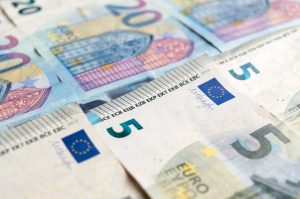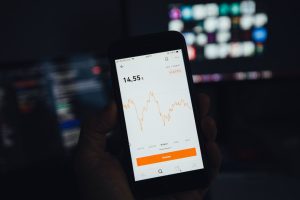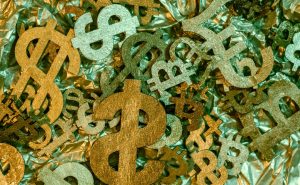Forex, short for foreign exchange, is the largest and most liquid financial market in the world. It involves the exchange of currencies from different countries, with daily trading volumes exceeding $5 trillion. Banks are one of the major players in the forex market and make money through various activities related to forex trading. In this article, we will explore how banks make money from forex.
Foreign Exchange Trading
Banks make money from forex trading by buying and selling currencies on the foreign exchange market. They act as intermediaries between buyers and sellers and earn a profit from the spread, which is the difference between the buy and sell price of a currency pair. The spread is usually small, but on high-volume trades, it can be significant.
Banks also make money from forex trading by speculating on currency movements. They may hold large positions in a particular currency and profit from its appreciation or depreciation. This is known as currency speculation or forex trading.
Foreign Exchange Services
Banks also make money from forex by offering various foreign exchange services to their customers. These services include currency exchange, international money transfers, and foreign currency accounts. Banks earn a commission or fee for these services, which can be a percentage of the transaction amount or a fixed fee.
Banks also offer forex hedging services to their corporate clients. Hedging is a strategy used to reduce the risk of currency fluctuations for businesses that operate in multiple countries. Banks earn a fee for providing this service, which involves buying and selling currency options or futures contracts to offset potential losses.
Foreign Exchange Trading Platforms
Banks also make money from forex trading platforms. These platforms are online portals that allow customers to trade currencies and access market information. Banks earn a commission or fee for every transaction made on their trading platform.
Some banks also offer algorithmic trading services, which involve using computer programs to execute trades automatically based on predetermined parameters. Banks earn a fee for providing this service, which is popular among institutional traders and hedge funds.
Foreign Exchange Research and Analysis
Banks also make money from forex research and analysis. They employ teams of analysts who track market trends and provide insights on currency movements. Banks provide this research to their customers as part of their forex trading services and charge a fee for it.
Banks also offer forex education and training to their customers. This includes webinars, seminars, and online courses that teach the basics of forex trading and advanced strategies. Banks earn a fee for providing this service, which is popular among retail traders who want to learn how to trade forex.
Conclusion
Banks make money from forex trading, foreign exchange services, trading platforms, research, and analysis. Forex trading is a major source of revenue for banks, as they earn a profit from the spread and currency speculation. Foreign exchange services, such as currency exchange and international money transfers, also generate revenue for banks through commissions and fees.
Trading platforms, research, and analysis are also important sources of revenue for banks. Banks offer these services to their customers and charge a fee for them. Forex education and training is another service that banks provide to their customers and earn a fee for it.
Overall, forex trading is a lucrative business for banks, as it provides a steady stream of revenue and opportunities for growth. As the forex market continues to expand, banks will continue to play a major role in this global financial market.






